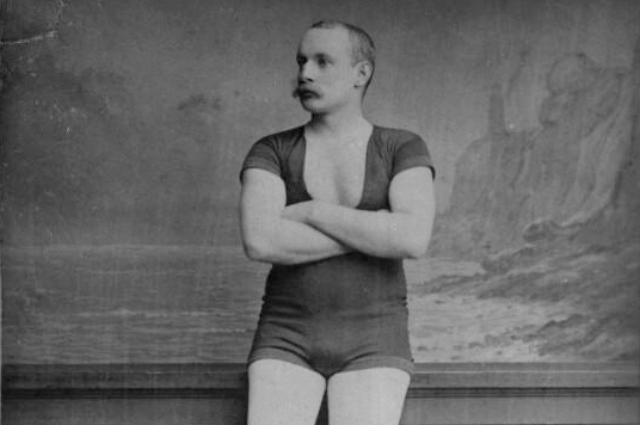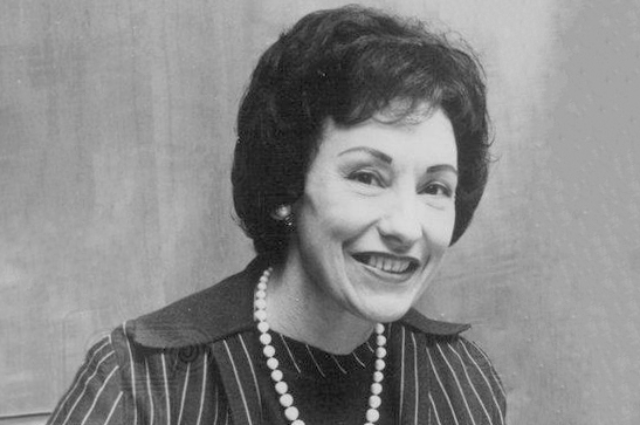
Source: npr.org
The English Channel - a 33 km long body of water between England and France - between Dover and Calais - a tentative prospect of greatness and achieving a goal that was practically decried as foolishness. Captain Matthew Webb may not have known this at the time - but he caused quite a stir when he swam across the English Channel (from England to France) without any aid after a failed attempt 12 days earlier. The tracings of his legacy can be found even today, with swimmers across the world dauntlessly swimming the distance and tirelessly striving to claim victory. It really is no surprise that this pioneer of the channel swim died while attempting another impossible feat - swimming the Whirlpool Rapids below the Niagara Falls.
Unfazed by the jellyfish stings that are a staple of this particular sport and the powerful currents that seem impossible to contend with - the Channel Swim has gathered many participants and victors over the years - Gertrude Ederle becoming the first woman to complete the Channel Swim in 1926 and setting the record for the fastest swim at that time. Years down the line, the celebrated challenge found many champions - though none who didn't struggle against the odds - the second person to complete the channel swim wasn't declared until 1911 - Thomas William Burgess - after 80 failed attempts by a number of people.
Then followed a whole slew of records - the first Indian to cross the Channel (Mihir Sen - 1958), Abilio Couto (first South American to cross the channel), Amelia Gade Corson, who swam across the channel in 15 hours and 29 minutes, becoming the first mother to cross the famous waters. The enchanting waterway between Dover and Calais was also a glittering opportunity in the eyes of Florence May Chadwick, an American Swimmer who was the first woman to swim the channel in both directions, setting a record each time. An enterprising swimmer, like Captain Webb - she also became the first woman to cross the Catalina Channel and the Straits of Gibraltar.

Source: wikipedia
On her first attempt across the Catalina Channel, Florence swam for fifteen hours straight, with a number of boats nearby acting as a lookout for sharks and to ensure her safety, but then a thick fog set in and she could no longer see the coastline. Doubting her ability, she gave up - to find out later that she was only a mile away from her destination. She tried again, the fog set in this time as well but she retained the image of the coastline in her mind - she knew the coastline was there, even if she couldn't see it. She completed the swim.
Such stories of raw courage, daring, and nerve are perfect examples of what sports truly represent - a means to dare ourselves to achieve more. To truly face our fears, to push ourselves in ways that compel us to become better, braver, greater than we were yesterday. The hardship, the training, the endurance, the determination, the initiative began here - in the mere act of being alive - the freedom in racing down a dusty road, swimming across chilling waters, diving into the deep end.
